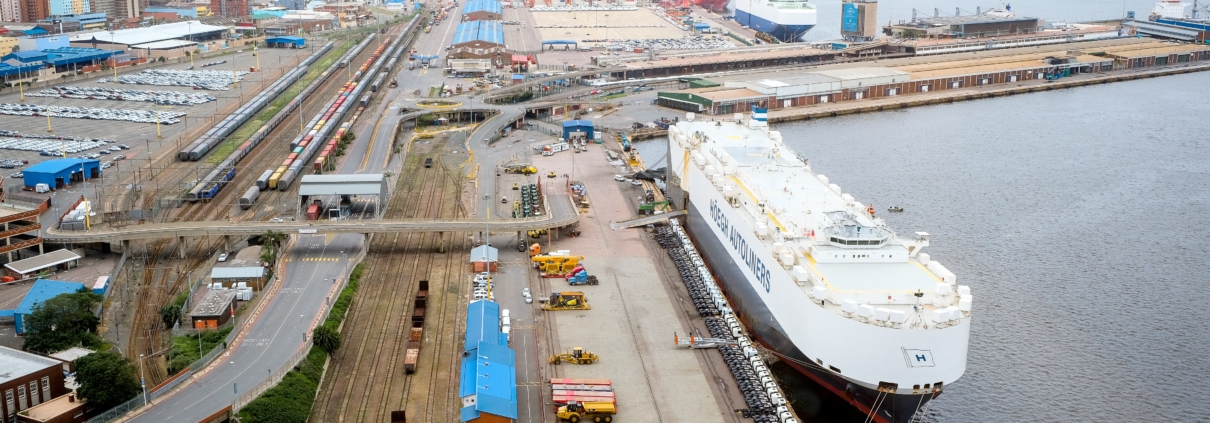With container ships being bigger greenhouse gas producers that aeroplanes, London-based company ‘Seabound’ has developed technology that reduces up to 95 per cent of CO2 emissions per ship.
The Problem
The shipping industry is responsible for producing around 940 million tonnes of CO2 annually, which equates to at least 2.5 per cent of the world’s total CO2 emissions. This is the reason why the International Maritime Organisation is introducing new regulations from 2023 and setting a target to cut these emissions by 50 per cent by 2050.
Seabound’s Carbon Capture System
Seabound, founded and led by Alisha Fredriksson and Roujia Wen, has developed a prototype system that uses lime to capture the CO2 emissions from ships. The system uses an onboard device filled with porous, calcium oxide pebbles to trap emissions from a ship’s exhaust. These bind with the CO2 to form calcium carbonate (limestone). The Captured CO2 in the limestone can then be unloaded when the ship docks and sold for utilisation or can undergo a process to separate the carbon (using heat). In this case, the calcium oxide could be re-used and the carbon sold for use or sequestration (the process of capturing and storing atmospheric carbon dioxide).
Not The Only One
Although Seabound have made the news recently, they are not the only company working on different types of tech solutions to reduce the CO2 emissions of ships. Others include:
- UK company, Smart Green Shipping (SGS) which has developed a wind-assist power solution (based on America’s Cup wing sails). This system uses ‘smart’ vertical aerofoils mounted on ships which are paired with an analysis system that accurately calculates the available wind to any ship, with the initial goal of reducing fuel consumption by at least a fifth.
- In August 2020, Mitsubishi Shipbuilding announced that it had started work on developing a carbon-capture system for ships that could reduce their carbon emissions by up to 90 per cent and produce raw materials for new fuels to be produced.
- Dutch company Value Maritime has developed the ‘Filtree System’ for small and medium-sized ships based on new (unique) technology which, in addition to sulphur, also filters ultra-fine particulates and CO2 from the air. The ‘plug and play’ system tackles the problems of ships polluting the air and acidifying seawater.
What Does This Mean For Your Organisation?
The shipping industry produces a large amount of CO2 and other pollutants. With strict targets to meet and regulations from the International Maritime Organisation to comply with, it is important that practical and affordable tech solutions are found and rolled out soon. At the moment, the complexity of the problem and the expense and time needed in R&D mean that many of the different proposed solutions are still at the prototype stage. On the plus side, several embryonic solutions seem workable and as technologies continue to evolve and combine and industries around are all now focusing on tackling the same issue, i.e. reducing greenhouse gasses, other ideas and solutions may also come to the fore, thereby increasing the likelihood of developing systems that will work well and meet the targets.
If you would like to discuss your technology requirements please:
- Email: hello@gmal.co.uk
- Visit our contact us page
- Or call 020 8778 7759
Back to Tech News



